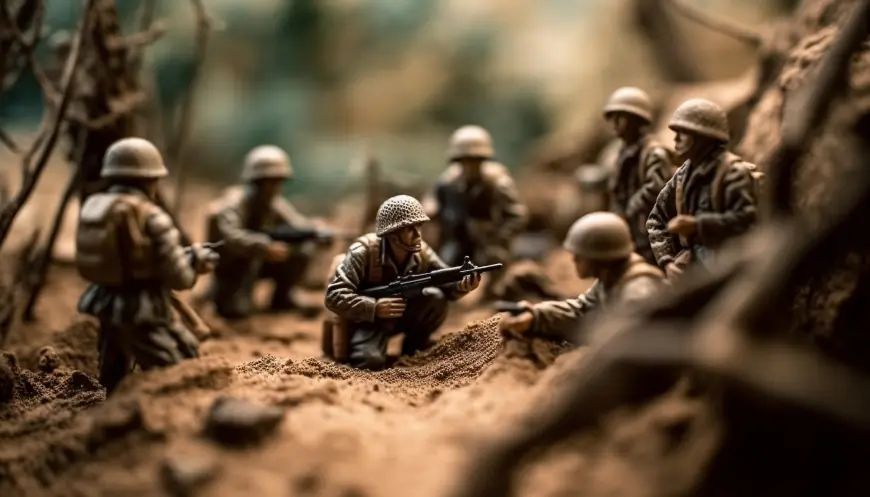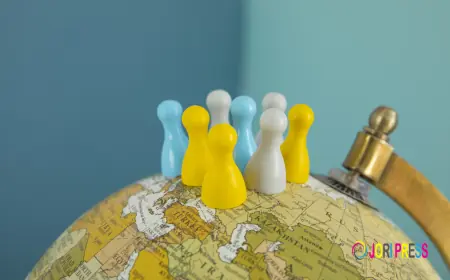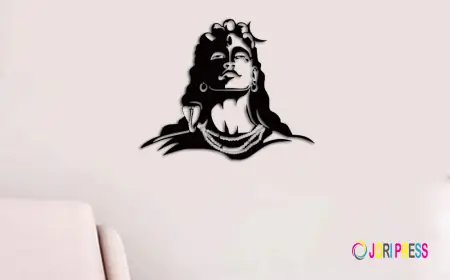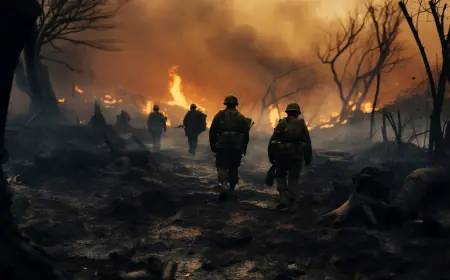Defending Democracy in America A Continuing Responsibility
Defending democracy in America requires constant effort to protect freedoms and ensure equality for all citizens. Lessons from the Vietnam War reveal how foreign conflicts can shape national values. A strong U.S. defense policy must balance security with respect for civil rights. Stories like My Whirlwind Lives highlight personal struggles during times of U.S. war aggression. The Civil rights movement reminds us that democracy thrives only when justice is upheld at home and abroad.

Defending democracy in America has been a challenge during times of war and social change. The Vietnam War tested public trust and unity. Many questioned the U.S. defense policy and its priorities. Memoirs like My Whirlwind Lives tell stories of courage in these years. The fight against U.S. war aggression was linked to justice movements. The Civil rights movement played a key role in shaping democratic ideals.
Defending Democracy in America During the Vietnam War
The Vietnam War changed how citizens viewed their government. Defending democracy in America required questioning official decisions. Critics of the U.S. defense policy said it ignored urgent needs at home. My Whirlwind Lives highlights voices that opposed the war. Many linked U.S. war aggression abroad to oppression at home. The Civil rights movement showed how activism could challenge flawed policies.
Defending Democracy in America and U.S. Defense Policy
Strong democracies need balanced priorities. Yet during the 1960s, the U.S. defense policy focused heavily on the Vietnam War. Defending democracy in America meant speaking out against wasteful spending. My Whirlwind Lives tells of activists pushing for change. Opposing U.S. war aggression was seen as part of democratic duty. Lessons from the Civil rights movement inspired many to demand fairness.
My Whirlwind Lives and the Fight for Democracy
My Whirlwind Lives offers a personal look at defending democracy in America. The author lived through the Vietnam War and protests. He saw the U.S. defense policy as a threat to social progress. Opposition to U.S. war aggression united different movements. The Civil rights movement proved that determined voices could reform a nation.
Civil Rights Movement’s Role in Defending Democracy in America
The Civil rights movement was central to defending democracy in America. Leaders challenged segregation while the Vietnam War raged. The U.S. defense policy often neglected domestic justice. My Whirlwind Lives recalls how activists linked racial equality to antiwar protests. They saw U.S. war aggression as part of a wider problem. Their courage reshaped America’s political conscience.
Lessons from Defending Democracy in America
The story of defending democracy in America is not over. The Vietnam War showed the risks of unchecked power. A balanced U.S. defense policy protects both security and rights. My Whirlwind Lives reminds us that activism matters. Resistance to U.S. war aggression remains a moral example. The Civil rights movement proves change is possible through unity.
Conclusion
Defending democracy in America has always required courage. From the Vietnam War to the Civil rights movement, citizens fought for justice. The U.S. defense policy must serve the people first. My Whirlwind Lives preserves the voices of those who resisted U.S. war aggression. Their legacy is a reminder that freedom must be defended every day.
What's Your Reaction?
 Like
0
Like
0
 Dislike
0
Dislike
0
 Love
0
Love
0
 Funny
0
Funny
0
 Angry
0
Angry
0
 Sad
0
Sad
0
 Wow
0
Wow
0

















































